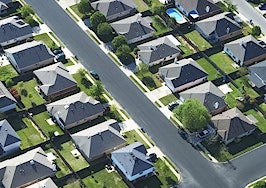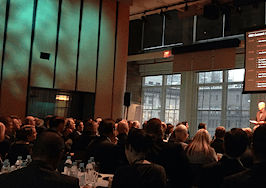Forty-one percent of housing experts polled by Zillow in its latest quarterly Home Price Expectations Survey said they’ve lowered their long-term (5+ years) expectations for the housing market in light of changes to the U.S. tax code passed into law in December. Another 31 percent of the panelists had a more optimistic long-haul view as a result of the new tax law, while 28 percent said their outlook hasn’t changed at all.
With the economy booming, what could be skewing expert opinions toward pessimism? Well, that’s just it. Zillow says experts may be concerned that cutting taxes when the U.S. economy is running at “full capacity” could increase the risk of an economic downturn by 2023 and push the Fed to hike rates more quickly than anticipated.
“By expanding the standard deduction, tax reform will put more money into the typical American’s pocket in 2018, which will boost spending and could help renters save faster for a down payment,” said Zillow senior economist Aaron Terrazas in a statement. “But the longer-term outlook is less rosy. There is some concern that tax cuts at this point in the business cycle may be throwing fuel on an already raging fire and could lead the economy to overheat.”
“Most economists we surveyed see a stronger outlook for the housing market over the next year or two but a more pessimistic outlook on the longer horizon,” he added.
Beyond the impact of tax reform, experts are watching home prices, inventory levels and mortgage rates — three factors that will make it harder for first-time buyers to enter the market.
“The persistent short supply of entry-level homes for sale has highlighted just how bifurcated the U.S. housing market has become,” said Terry Loebs, founder of Pulsenomics, the company that conducted the survey.
“The experts project that the value of homes in the bottom third of the market will appreciate at 6 percent this year — double the rate expected for the highest-priced tertile. Limited inventory of low-priced homes, coupled with expectations for rising interest rates, likely foreshadow a frenetic, anxiety-filled spring buying season for qualified first-time homebuyers,” he added.
Today it was revealed that existing homes for sale under $100,000 dropped 13 percent in January from last year and 3.2% overall, according to the National Association of Realtors existing-home sales report.








